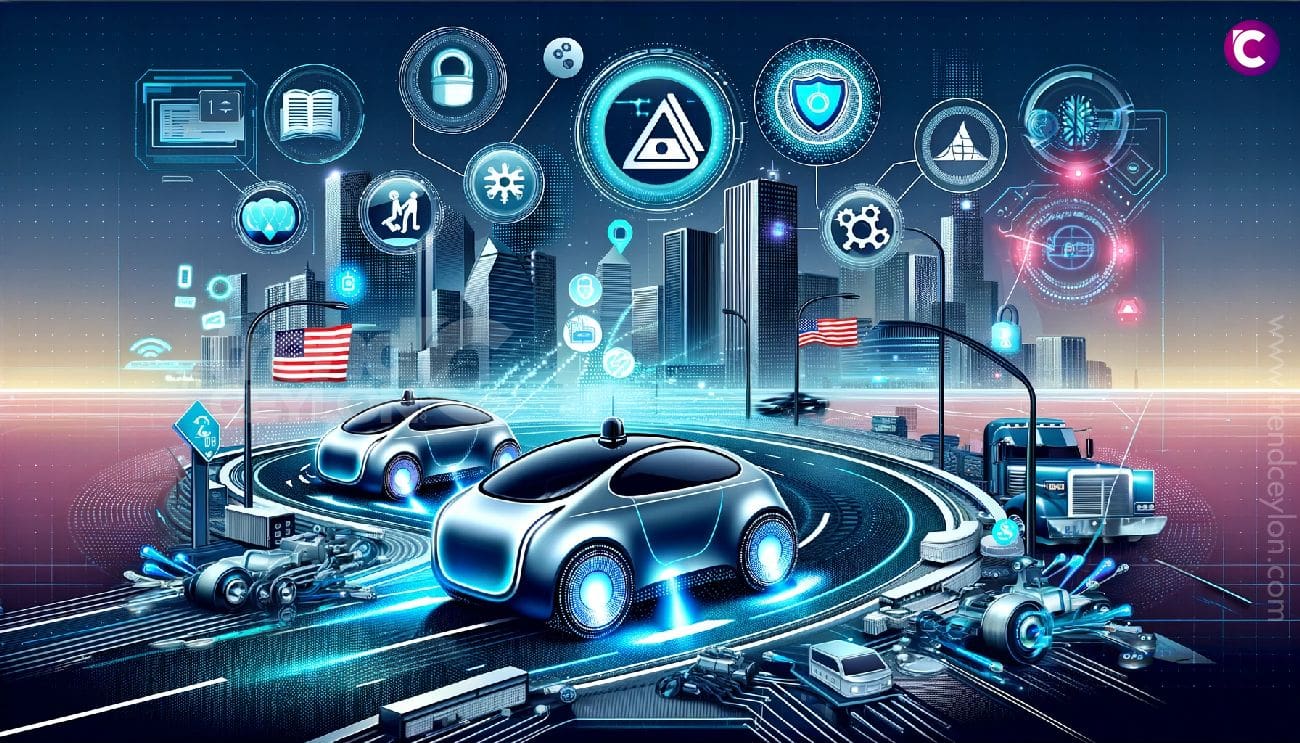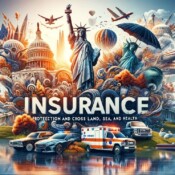The advent of autonomous vehicles (AVs) marks a significant shift in the landscape of transportation, particularly in the United States. This technological revolution not only redefines how we commute but also has profound implications for the car insurance industry. This article delves into the multifaceted impacts of autonomous vehicles on car insurance, exploring both challenges and opportunities.
Understanding Autonomous Vehicles
The Technology Behind AVs
Autonomous vehicles, often referred to as self-driving cars, employ advanced technologies such as artificial intelligence, sensors, and machine learning to navigate roads without human intervention. These technologies enable AVs to perceive their surroundings, make decisions, and operate safely.
Levels of Autonomy
The Society of Automotive Engineers (SAE) categorizes autonomous vehicles into six levels (0-5), based on the degree of human intervention required. Levels 0-2 require significant human control, while levels 3-5 signify increasing levels of autonomy, with level 5 being fully autonomous.
How AVs Are Changing the Insurance Landscape
Reduced Risk and Fewer Accidents
One of the most significant impacts of AVs is the potential reduction in road accidents. Autonomous vehicles, with their precision and quick response times, are expected to considerably lower accident rates, which in turn could lead to lower insurance premiums.
Liability Shift
With the rise of AVs, the liability in the event of an accident is likely to shift from drivers to manufacturers and technology providers. This shift will necessitate a reevaluation of traditional insurance models and the development of new ones tailored to autonomous technology.
Emerging Insurance Models for AVs

Data-Driven Insurance Policies
The vast amount of data generated by autonomous vehicles allows for more accurate risk assessments. Insurers are increasingly looking at usage-based insurance models, where premiums are determined by actual vehicle usage and driving behaviour, rather than traditional demographic-based models.
Product Liability Insurance
As liability shifts towards manufacturers, there is a growing need for comprehensive product liability insurance that covers software malfunctions, cybersecurity breaches, and other tech-related risks.
Regulatory and Legal Considerations
Navigating Uncharted Territory
The legal framework surrounding autonomous vehicles and insurance is still evolving. Governments and regulatory bodies are working to establish standards and regulations that ensure safety while fostering innovation.
Consumer Protection and Privacy
The protection of consumer data and privacy is paramount in the era of AVs. Insurers and manufacturers must address concerns regarding data security and usage, ensuring compliance with privacy laws.
The Road Ahead: Preparing for an Autonomous Future
Embracing Technology
Insurance companies need to embrace technological advancements, integrating AI and data analytics into their operations to stay relevant in the changing landscape.
Collaborative Efforts
Collaboration between insurers, car manufacturers, technology companies, and regulators is crucial for developing a cohesive framework that benefits all stakeholders.
A Transformative Journey
The integration of autonomous vehicles into our daily lives is not just a technological leap but a transformative journey that reshapes the car insurance industry. As we navigate this new era, the collaboration between technology and insurance will play a pivotal role in shaping a safer, more efficient future of transportation.


















